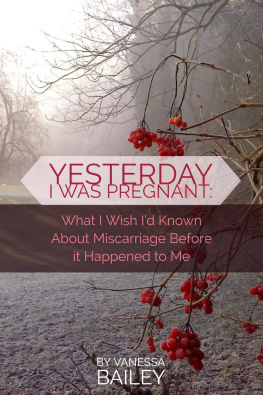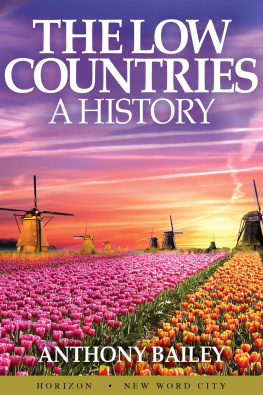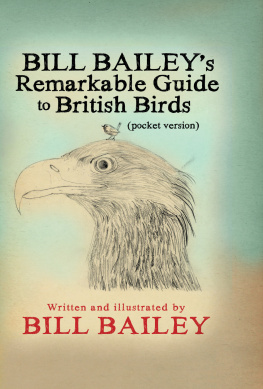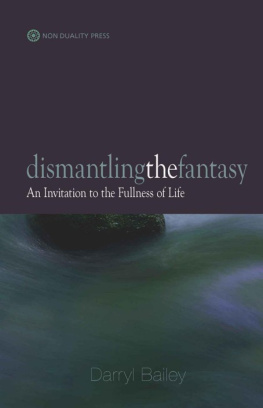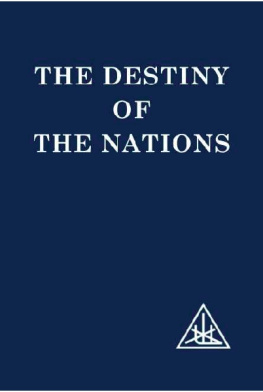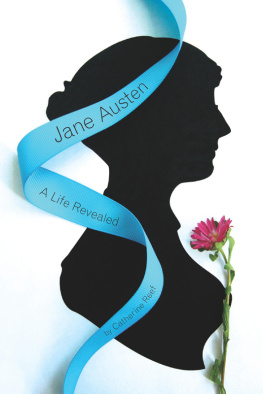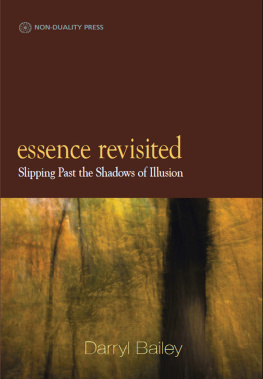

The University of Ottawa Press gratefully acknowledges the support extended to its publishing list by Canadian Heritage through the Canada Book Fund, by the Canada Council for the Arts, by the Federation for the Humanities and Social Sciences through the Awards to Scholarly Publications Program and by the University of Ottawa.
Copy editing: Susan James, Joanne Muzak
Proofreading: Barbara Ibronyi, Michael Waldin
Typesetting: Counterpunch Inc.
Cover design: Aline Corra de Souza
Library and Archives Canada Cataloguing in Publication
eGirls, eCitizens / edited by Jane Bailey and Valerie Steeves.
(Law, technology and media)
Includes bibliographical references and index.
Issued in print and electronic formats.
ISBN 978-0-7766-2257-6 (paperback).--ISBN 978-0-7766-2259-0 (pdf).--
ISBN 978-0-7766-2258-3 (epub)
1. Teenage girls. 2. Young women. 3. Social media. 4. Internet--Social aspects. 5. Cyberfeminism. I. Bailey, Jane, 1965-, author, editor II. Steeves, Valerie M., 1959-, author, editor III. Series: Law, technology and society
| HQ1178.E45 2015 | 305.23082 | C2015-902889-2
C2015-902890-6 |
@Jane Bailey and Valerie Steeves, 2015 under Creative Commons License Attribution Non Commercial Share Alike 3.0
(CC BY-NC-SA 3.0) http://creative-commons.org/licenses/by-nc-sa/3.0/
Printed in Canada
Table of Contents
Jane Bailey and Valerie Steeves
Jane Bailey
Trevor Scott Milford
Akane Kanai
Assumpta Ndengeyingoma
Jacquelyn Burkell and Madelaine Saginur
Valerie Steeves
Priscilla M. Regan and Diana L. Sweet
Jessica Ringrose and Laura Harvey
Jordan Fairbairn
Andrea Slane
Shaheen Shariff and Ashley DeMartini
Gillian Angrove
Matthew Johnson
Sarah Heath
Betsy Rosenblatt and Rebecca Tushnet
Leslie Regan Shade
Jane Bailey and Valerie Steeves
We are grateful to the girls and young women who gave up their time to meet with eGirls Project researchers to talk about their seamlessly integrated online/offline lives and to offer their first person insights on how their equal right to eCitizenship can be enhanced. Thanks also to all of the contributors to the book and to the workshop and conference that preceded it especially to the fabulous team of students who have supported us throughout the life of The eGirls Project, including: Sarah Heath, Trevor Milford, Virginia Lomax, Jess Warwick, Miriam Martin, Roya Baryole, Ashley Butts, Hayley Crooks, Sarah Deveau, Hannah Draper, Suzie Dunn, Claire Feltrin, Valerie Fernandes, Mouna Hanna, Jill Lewis, Stela Murrizi, Tony Verbora, Julia Williams, Nerissa Yan, Kaitlin Waechter, Anne-Dahlie Cledanor, and Emily Assaf.
We have also benefited from the remarkable collaboration with our friends and eGirls Project co-researchers Jacquelyn Burkell, Priscilla Regan, Madelaine Saginur and Jane Tallim, as well as our organizational partners MediaSmarts, The Centre for Law, Technology and Society and the Office of the Privacy Commissioner of Canada.
We gratefully acknowledge the financial support we received from the Social Sciences and Humanities Research Councils Partnership Development Program and Connections Program, the Shirley Greenberg Chair for Women and the Legal Profession, the University of Ottawa, the Centre for Law Technology and Society, the Canadian Womens Foundation, and the Law Foundation of Ontario.
Thanks also to our dear friend and colleague Ian Kerr, for bringing us together in the On the Identity Trail Project and encouraging us to dream big.
Thanks most of all to our families, friends and loved ones without whose patience and support none of this would be possible. The experiences, passions and critiques of our own lifelong focus groups Vals Sarah, Melissa, Ben, Aly and Bethany and Janes Helen and Grace are at the heart of this book.
Jane Bailey and Valerie Steeves
T his volume is the culmination of a labour of love more formally known as The eGirls Project, a three-year research initiative funded by a Social Sciences and Humanities Research Council (SSHRC) partnership development grant that began in 2011. We hope, however, that this ending is also a beginning; an invitation to future research, education and policy initiatives, and grassroots activism aimed at ensuring substantively equal opportunities for girls and young women to participate in our digitally networked society.
Together we co-led an interdisciplinary, intersectoral, international eGirls Project team investigation of the relationship between gender, privacy, and equality in online social networking. We conducted qualitative interviews and focus groups with girls (aged 15 to 17) and young women (aged 18 to 22) to explore their firsthand experiences of and perspectives on these issues. Our team of academic investigators included Dr. Jacquelyn Burkell (University of Western Ontario, Faculty of Information and Media Studies), Dr. Priscilla M. Regan (George Mason University, Department of Public and International Affairs), Jane Tallim (Executive Director, MediaSmarts), and Madelaine Saginur (Executive Director, Centre for Law, Technology and Society; CLTS). Our institutional partners included MediaSmarts (Canadas leading digital literacy education organization), the CLTS (a University of Ottawabased research centre committed to fostering interdisciplinary knowledge exchange and mobilization about law, technology, and society), and the Office of the Privacy Commissioner of Canada (OPC; mandated by Parliament to act as an ombudsman and guardian of privacy in Canada).
The project was born of our researchers shared interests in and concerns around the future of privacy, identity, and equality in our increasingly digitally networked world. Our mutual interests were in part fostered by several of our team members prior involvement in the multi-year SSHRC-funded On the Identity Trail Project led by our colleague and friend Dr. Ian Kerr. Within the crucible of the On the Identity Trail Project, and through the connections between Professor Baileys research on the equality implications of technology for socially vulnerable community members (particularly women and girls) and the rich insights gained from students in her cyberfeminism class, Dr. Steevess research on youth privacy and its gendered dimensions, and her collaborative efforts with Drs. Burkell and Regan, as well as MediaSmarts and the OPC, these and other pressing issues relating to young Canadians online were initially recognized and forged.
The origin of the eGirls Project was also grounded in our sense of dissatisfaction with the scholarly and policy dialogues around technology, especially as they related to girls and young women. The 1990s were punctuated by utopian forecasts of what digital technologies would mean, not only for the economy (including promises about the riches that lay along the information superhighway1), but also for the expressive freedoms and liberties of all citizens (such as John Perry Barlows Declaration of the Independence of Cyberspace2). While some feminist scholars worried that digital communications technologies might represent the latest examples of patriarchal technological control,3 others predicted that girls and young women were particularly well situated to reap the benefits of digitized communications networks.4 Some feminist cyber-optimists metaphorically imagined the possibility of using the network to subvert patriarchy entirely.5 Others spoke of the ways in which individual actions might achieve revolutionary collective goals, including taking back the pen from the concentrated control of mainstream media. It was imagined that girls and young womens firsthand accounts of the richness and diversity of their lives would proliferate in cyberspace, thereby undermining (and perhaps even destroying) stereotypical mainstream scripts that had previously constrained them.6





